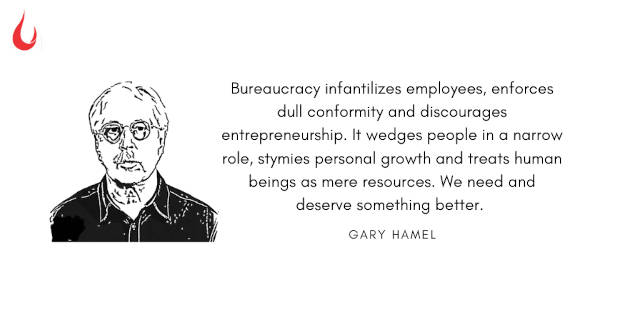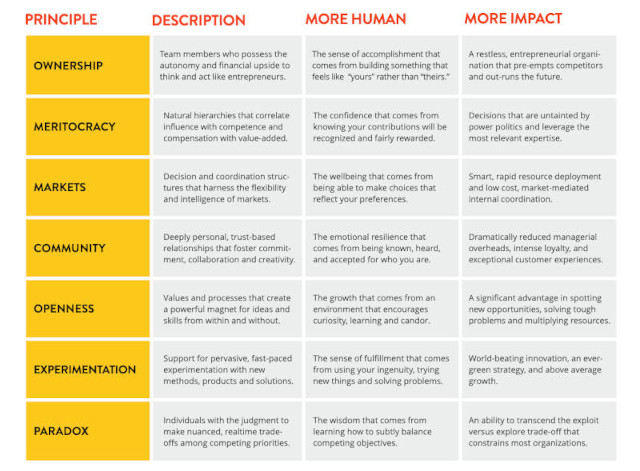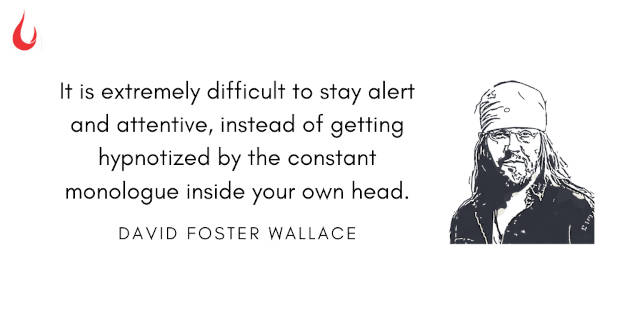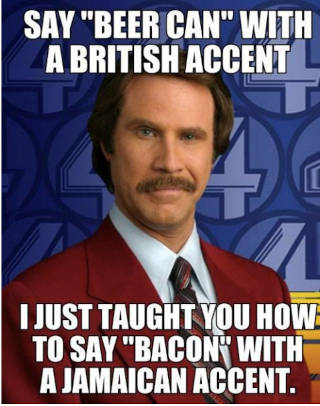[Image by Gerd Altmann from Pixabay]
Good morning,
We spent the weekend listening to Peter Kaufman speak on the Multidisciplinary Approach to Thinking. This talk was recorded in 2018. This was special because he rarely speaks in the public domain.
“So why is it important to be a multidisciplinary thinker?” he asks. “The answer comes from the Austrian philosopher Ludwig Wittgenstein who said, ‘To understand is to know what to do.’ Could there be anything that sounds simpler than that? And yet it’s a genius line, to understand is to know what to do. How many mistakes do you make when you understand something? You don’t make any mistakes. Where do mistakes come from? They come from blind spots, a lack of understanding. Why do you need to be multidisciplinary in your thinking? Because as the Japanese proverb says, ‘The frog in the well knows nothing of the mighty ocean.’ You may know everything there is to know about your specialty, your silo, your ‘well’, but how are you going to make any good decisions in life…the complex systems of life, the dynamic system of life…if all you know is one well?”
And how does he do that?
“I have [multiple examples] of models that I derived from what I call my ‘three buckets’. Let’s see if I’ve got my three buckets in here. I do. I do have my three buckets. Ok. So this is how I use ideas that no one else in the world uses and yet I can be comfortable that they’re right. A statistician’s best friend is what? A large, relevant sample size. And why? Because a principle derived from a large relevant sample size can’t be wrong can it? The only way it could be wrong is if the sample size is too small or the sample itself is not relevant.
“So I want to tell you what my three buckets are where I derive my models, my multidisciplinary models. Number one is 13.7 billion years. Is that a large sample? It’s the largest one in the whole universe. There is no larger sample. Because what is it? It’s the inorganic universe. Physics. Geology. Anything that’s not living goes in my bucket number 1. 13.7 billion years.
“Bucket number two is 3.5 billion years. It’s biology on the planet Earth. Is that a big sample size? Is it relevant? We’re biological creatures. Let me ask you this, inorganic, bucket number one, is it relevant? We live in it. So bucket number one we live in, 13.7 billion years. Bucket number two is what we’re part of, biology. 3.5 billion years.
“And number three is 20,000 years of recorded human history. That’s the most relevant of all. That’s our story. That’s who we are.”
Go on. Take time out and listen in to him speak or read the full transcript here.
Have a great Monday.
In this issue
- Why you should dismantle bureaucracy and build humanocracy
- Be like water
- The Queen’s English
Why you should dismantle bureaucracy and build humanocracy
In their new book, Humanocracy, Gary Hamel and Michele Zanini explain why we should dismantle bureaucracy and build something better around new, human-centric principles.

They write, “from the beginning, the goal of bureaucracy was to maximise conformance. That meant giving weight to principles like stratification standardisation, specialisation, and formalisation. The goal of humanocracy is to maximise contribution.”
They offer seven principles to help you build an organisation with people right at the centre. Here’s a table from an ebook that Hamel shared for his readers.

Dig Deeper
- Download the ebook - DNA of Humanocracy: Seven Essential Principles for Creating Resilient, Creative, and Inspiring Organizations
This is water
On Saturday, people across the world remembered David Foster Wallace. He died nine years ago on September 12, 2008. It was as good a time as any to revisit This is Water, a commencement speech he delivered to the graduating class at Kenyon College. People talk of it as one of the best commencement speeches ever delivered because it offered timeless wisdom on how to think about power, freedom, education and life, above all else.

“Worship power, you will end up feeling weak and afraid, and you will need ever more power over others to numb you to your own fear. Worship your intellect, being seen as smart, you will end up feeling stupid, a fraud, always on the verge of being found out. But the insidious thing about these forms of worship is not that they’re evil or sinful, it’s that they’re unconscious. They are default settings.
“They’re the kind of worship you just gradually slip into, day after day, getting more and more selective about what you see and how you measure value without ever being fully aware that that’s what you’re doing…
“The really important kind of freedom involves attention and awareness and discipline, and being able truly to care about other people and to sacrifice for them over and over in myriad petty, unsexy ways every day. That is real freedom. That is being educated, and understanding how to think. The alternative is unconsciousness, the default setting, the rat race, the constant gnawing sense of having had, and lost, some infinite thing.
“The real value of a real education [has] almost nothing to do with knowledge, and everything to do with simple awareness—awareness of what is so real and essential, so hidden in plain sight all around us, all the time, that we have to keep reminding ourselves over and over: ‘This is water. This is water.’
“It is unimaginably hard to do this, to stay conscious and alive in the adult world day in and day out. Which means yet another grand cliche turns out to be true: your education really IS the job of a lifetime.”
Dig Deeper
- This is water (Video)
The Queen’s English

(Via WhatsApp)
English is a funny language. Yes? No? Tell us what you think on our Slack channel.
And if you missed previous editions of this newsletter, they’re all archived here.
Bookmark Founding Fuel’s special section on Thriving in Volatile Times. All our stories on how individuals and businesses are responding to the pandemic until now are posted there.
Warm regards,
Team Founding Fuel


